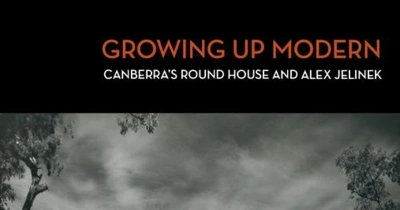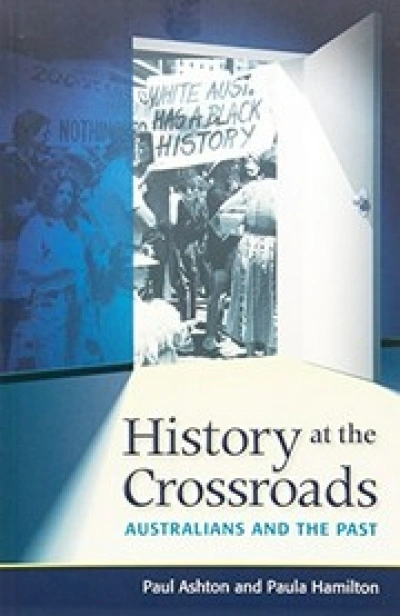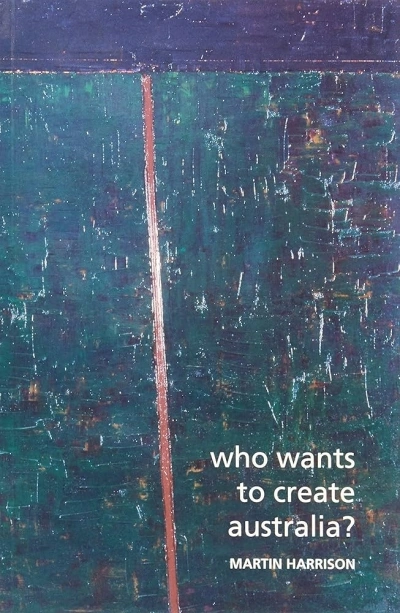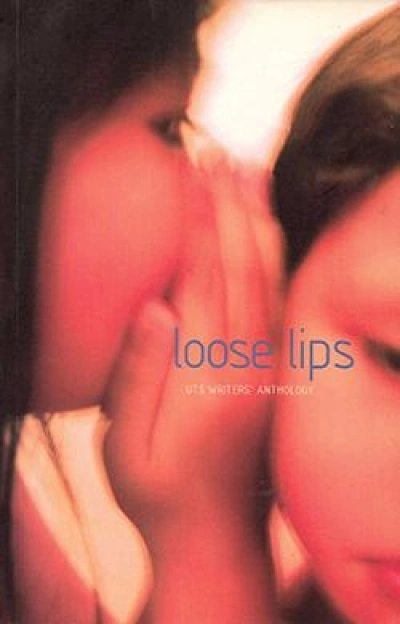Halstead Press
Growing Up Modern: Canberra’s Round House and Alex Jelinek by Roger Benjamin
History at the Crossroads: Australians and the Past by Paul Ashton and Paula Hamilton
Who Wants to Create Australia?: Essays on poetry and ideas in contemporary Australia by Martin Harrison
Loose Lips edited by Lauren Finger et al. & True North edited by Marain Devitt
I would now like to begin with a plea for small literary magazines. I now have a vested interest in their survival (well, one, in particular), but then, I always thought I did. Little magazines are essential to the vitality of Australian literary and political culture. They play an important role in nurturing new poets, critics, storytellers, and reviewers. In the current book-publishing climate, there are few other opportunities for publishing short stories, experimental fiction, or poetry. Small magazines instigate and foster cultural debate and present a diverse range of opinions. Many of the most important issues in Australian public life today were first raised and discussed in literary magazines, including the stolen generations and racial ‘genocide’, the perils of economic rationalism and globalisation, the politics of One Nation, and the implications of new media technologies.
... (read more)



